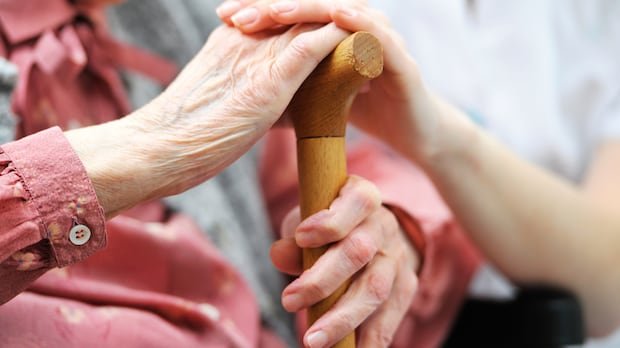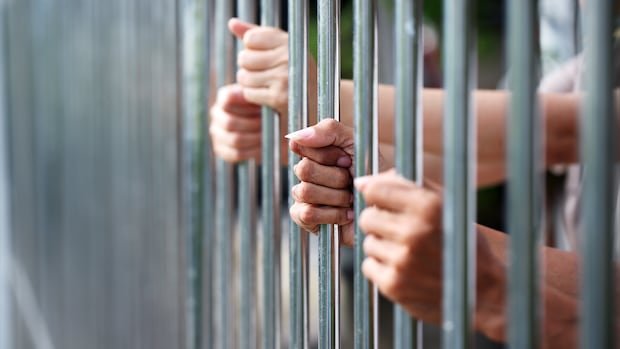Family violence against seniors in Canada has reached a record level, according to a new report from Statistics Canada.
The rate of family violence against seniors nationwide has increased 49 percent since 2018, according to the StatsCan report.
Last year, older victims of family violence were most often victims of their children, while about one in four were victims of their spouse or another family member.
In 2024, nationwide, there were 7,622 elderly victims of family violence reported to the police.
Family violence against older people has reached a record level in Canada, according to a new national report. And British Columbia experts say the severity of elder abuse is also getting worse. CBC’s Janella Hamilton investigates why.
Alexandra Lysova, a professor of criminology at Simon Fraser University in Burnaby, B.C., said the increase in elder abuse is concerning, although she noted that the overall prevalence of victimization among seniors is lower compared to other age categories.
But while older people may be less likely to be abused in family relationships than younger family members, he said the issue of elder abuse needs to be taken seriously as the overall population of people over 65 grows.
Serious risk factors for older adults include cognitive decline and physical frailty, he said.
“People who experience many other health-related problems are more likely to be victimized by their family members.”

Lysova said the reasons for elder abuse include, in part, higher costs of living and housing affordability that may prevent adult children from moving out of their parents’ home.
“Economic issues, stress, this intergenerational dynamic of communication, all of these can explain the vulnerability of seniors in Canada,” he said.
Lysova noted that the data reported by police does not reflect all incidents of abuse that occur.
“What we’re seeing is the tip of the iceberg,” he said, as many people don’t report it if they don’t think a problem is serious enough or feel ashamed for having experienced it.
“And again, we’re talking about family members, who don’t want to expose other family members as potential perpetrators.”
He noted that the way police record data on senior violence has also changed since 2018, which may contribute to the increase.
Lysova hopes that StatsCan will conduct future reports with a specific focus on violence against older people, including information about the context of incidents.
BC Hotline Sees Increase
In British Columbia, the Seniors First BC elder abuse hotline has seen an 85 per cent increase in calls related to physical abuse since 2019 (from 145 calls to 268), according to executive director and lawyer Marie-Noël Campbell.
Calls for financial abuse increased 43 percent to 1,410 calls, and for emotional or psychological abuse increased 24 percent to 1,420 calls.
Campbell said the new StatsCan report is concerning but not surprising.
“We see that [month-after-month] that physical assault and violence against older adults has increased since before COVID,” Campbell said, adding that violence can include mistreatment or strong grabbing of people.
“I’ve heard some pretty shocking stories from kids who mentioned wanting to kill their parents,” he said.
In 2020, the hotline received about 5,300 calls, while this year it is on track to receive almost 8,000, Campbell said.
Watch for signs: stand up for yourself
British Columbia Seniors Advocate Dan Levitt acknowledged that abuse against seniors is on the rise.
“One of the things we face in our society is ageism,” Levitt said. “And the idea that an older person may not be as valuable to a society as other people are.”

She said older people often don’t want to talk about abuse, so their loved ones should be alert to lifestyle changes. This may include a change in diet, cash flow, a power of attorney, or if an older person becomes more reclusive.
“When we see a change in behavior, that’s when we should talk to an older person and really shed light on the possibility that they may be victims of elder abuse.”








